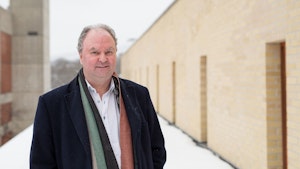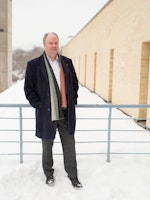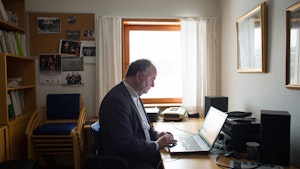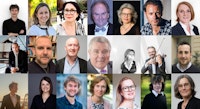That was how my interview with flautist, teacher and concert producer Andreas Sønning began. There is no doubt that he is deeply dedicated to his work, despite having been at the Norwegian Academy of Music for over 30 years.
One of his pet projects – the course European Creative Futures (ECF), which is usually carried out with gatherings including participants from a number of different countries – has been shaped by the pandemic. This is the first time the course has been arranged digitally. But it is perhaps all the more vital to explore the subject when times are tough.







